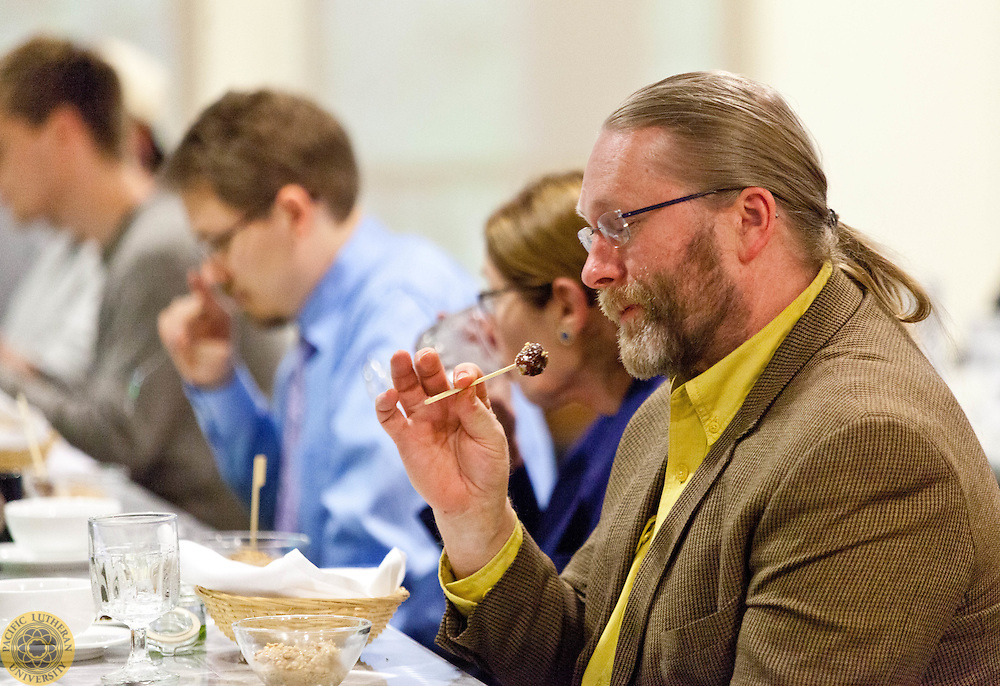Page 299 • (3,635 results in 0.058 seconds)
-

outdoors started early in life. Growing up, her parents were teachers and always had summers free. So, the family would take trips to many national parks. So, it seemed natural to try a summer internship outdoors. That hooked her. After two summers at Zion National Park in Utah, Plog spent a summer at Katmai National Park and a summer at Wrangell-St. Elias National Park – both in Alaska. Plog is currently at Yosemite through October, after being officially hired by the Park Service in January 2013. She
-

,” Ebi said. “Here, that meant I was off at 1:30 in the afternoon.” Those early days landed him on mountains or in the water, hiking or kayaking with a camera in tote. “Every day was like a little bit of summer vacation,” he said. “I wanted to share some of those experiences.” So, he read how-to photography books and learned how to tell compelling stories with his images. After word got out about his photos and he started getting emails from editors about using his images, Ebi realized his work stood
-

islands in 1993 after working with what’s currently the Global Education Committee to build a study away opportunity. “That turned out to be such a phenomenal, eye-opening experience for all of us,” she said. “Carnival preparation was in full swing, so we got a little taste of the amazing creativity and zest for life that exists down there.” Trinidad and Tobago podcasts From those early beginnings a strong and vital connection was forged over the ensuing quarter-century between country and university
-

the project, and scientific research. Beyond that incentive, participating students receive $250-$500 research awards for completing the CREP steps, thanks to sponsorship by Psi Chi, the international honors society for psychology, and the Center for Open Science. “What’s novel about that is there’s not an application to earn it; it’s an award for completion,” Grahe said. “If you complete the project, you get a check.” Henderson’s CREP project is complete, but her research continues. In early
-

understanding ancient literature in regards to sexuality and autonomy and critiques the current systems we have in place of acknowledging sexuality and addressing issues of consent. We are incredibly proud of these and all our other Classics graduates. We regret that this effective, innovative, and valuable program will no longer be available as a major, but we are very happy to be retaining our Classics minor, and a related minor in Early Christian Studies through a partnership with the Religion Department
-

other crowdsourcing initiatives,” Dr. Wagge said. “He’s been an early adopter of many open science practices, a steadfast supporter of, and Ambassador for, the Center for Open Science, and an enthusiastic open science educator and mentor.” Dr. Chris Chartier, Director of the Psychological Science Accelerator (a broadscoped, crowdsourced project), has collaborated with Dr. Grahe and is also quick to recognize his contributions to the field. “Jon has been a champion of both replication efforts and
-
her first J-term class to the twin islands in 1993 after working with what’s currently the Global Education Committee to build a study away opportunity. “That turned out to be such a phenomenal, eye-opening experience for all of us,” she said. “Carnival preparation was in full swing, so we got a little taste of the amazing creativity and zest for life that exists down there.” Trinidad and Tobago podcasts From those early beginnings a strong and vital connection was forged over the ensuing quarter
-
PLU, the philosophy of food involves educating students, faculty and staff about social justice, sustainability and community, McGinnis said. The university works to create a positive dining experience to ensure students are nourished and ready to learn those lessons. And that positive experience goes beyond the plate. It takes into account conversation, tablescapes and the company. PLU brings people together in the University Center Commons, where students dine together and with professors and
-
Learn More: Lobi 1The Lobi people live mainly in Burkina Faso, with smaller groups residing in Cote d’Ivoire and Ghana. They are mainly farmers who sustain themselves growing millet, sorghum and corn, and cash crops like peanuts and cotton. They also raise livestock and will occasionally hunt. Traditionally, the Lobi lived in self-governing villages until 1901 when the French brought colonialism to the area. Despite the significant Islamic influence surrounding them, the Lobi have largely
-

dog! A big goofball named Tobi Coffee or chocolate? Coffee French fries or hash browns? Hash browns Mac or PC? Mac Instagram or Twitter? Neither, I don’t do either though I do have accounts. Read Previous Faculty Feature: Meet Dr. Richard Nance, Professor of Music and Director of Choral Studies Read Next Faculty Feature: Dr. Jeffrey Bell-Hanson, Professor of Music and Director of Orchestral Activities LATEST POSTS PLU’s Director of Jazz Studies, Cassio Vianna, receives grant from the City of
Do you have any feedback for us? If so, feel free to use our Feedback Form.


